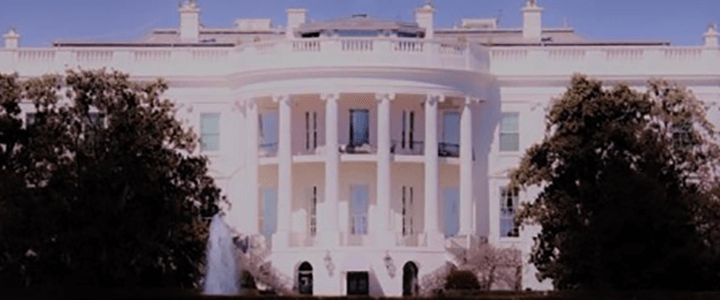Here we are one year, three months and four days (488 days) since the inauguration of President Trump, and we learn that Jared Kushner’s security clearance has been granted, allowing him access to classified materials which have been determined that he has a need to know to execute his duties as special advisor to the president.
I venture we can poll any number of Facility Security Officers who have candidates stuck in the clearance process sausage maker, 15, 18, or 24 months as their background checks are pending or awaiting adjudication. Fifteen months is only long if you’re the candidate or employer, and with the hundreds of thousands in that backlog there is plenty of company. As I mentioned in a prior piece on Kushner, my own clearance took 11 months, and trust me, his global financial footprint and my own are light-years apart. What slowed mine down was that I’d lived the previous 15 years outside of the United States, and it was simply difficult to finish up the background check. If an individual has lived their entire life in Mayberry R.F.D., their application and background check will be exponentially easier than Kushner’s.
And we shouldn’t avoid the elephant in the room. The White House personnel security office is the adjudicating authority for White House Personnel, as is the FBI for FBI personnel, the CIA for CIA personnel and DSS for DoD personnel. There has been a good deal of cantankerous back and forth concerning what office is the Cognizant Security Authority (CSA) for the White House. The answer: the White House is its own CSA.
Understanding the FBI Clearance Process
As we discussed in our piece on how the FBI conducts of background checks for the White House, the FBI tells the CSA whether or not there are national security issues are discovered during the investigation. As detailed in the FBI letter to Congress in May 2017, the FBI doesn’t “grant, deny or otherwise adjudicate security clearances.”
White House Chief of Staff John Kelly, in his February 2018 reorganization of the clearance process put into place a more rigid and transparent communication flow. The FBI was asked to highlight to the White House personnel security office and the White House general counsel when they learned of disqualifying information, when they learned of it and when the entirety of the background investigation was concluded. In addition, all personnel at that time who were operating with interim clearances were put on a 90-day timeline and reduced to SECRET only access.
With the issuance of the Kushner security clearance, he may have garnered the honor of having been the most scrutinized applicant since clearances were first issued. To be clear, the White House personnel security office has granted Kushner his clearance.
Trump Signs the SECRET Act of 2018
Contemporaneously, the The SECRET Act of 2018 was signed into law on May 22, 2018 by the President. The bill requires the National Background Investigations Bureau (NBIB) to report on the status of the security clearance backlog, as well as the steps it’s taking to reduce the backlog. The bill also requires the executive branch to report on its process for conducting and adjudicating security clearance investigations for the president’s staff.
The overall purpose of the bill is to increase transparency and accountability surrounding the security clearance process, on everything from budgets to continuous evaluation.




